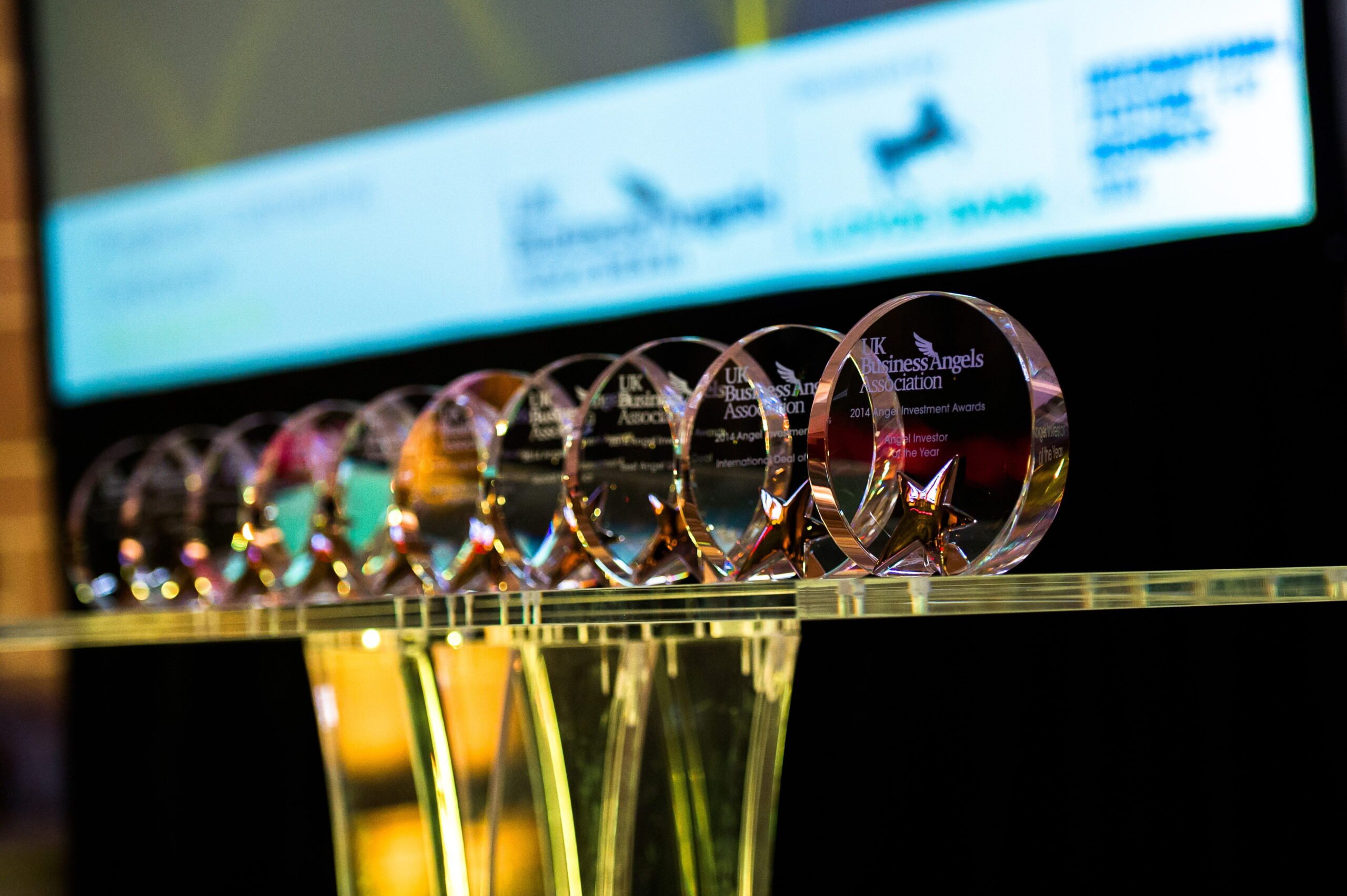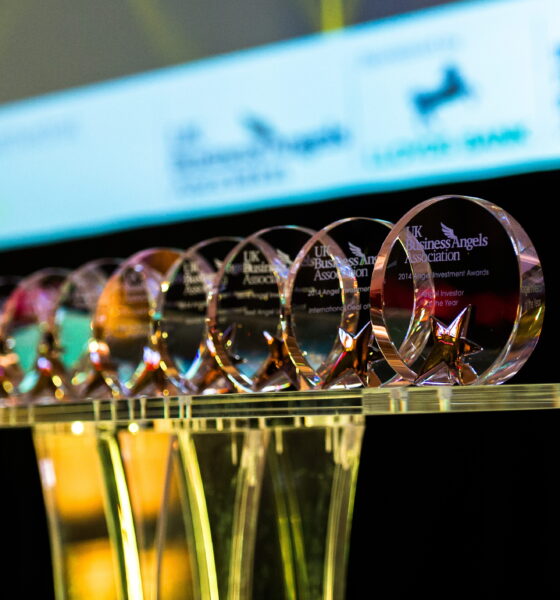

Economy
Social impact: on the angel investment agenda
Mike Mompi of ClearlySo writes how social impact investment might just be making its way into the mainstream.
In early July, I was fortunate enough to attend the UK Business Angel Association (UKBAA) Angel Investment Awards. Every year, it is an exceptional event and well-attended by some of the most active angel investors and entrepreneurs from the very best early-stage businesses in the UK. There are various award categories, ranging from best investment in a disruptive technology business to angel investor of the year, and only recently, social impact investment of the year.
This year, there was something different about the shortlist for the awards – a sense of evolution and an increased recognition of impact investment and its compatibility with high-potential ventures. Encouragingly, social impact was not limited to the awards category celebrating investments with high social impact, but was recognised across most categories and throughout the conference hosting the awards.
At the annual UKBAA Investment Summit, which took place on the day of the awards, social impact was firmly on the agenda. Matt Mead from Nesta shared insights and opportunities on the returns of social impact investing; founder of Oomph Wellness Ben Allen spoke about the process of securing investment; and Suzanne Biegel, lead angel in Clearly Social Angels, advocated co-operation among different players in the sector to create impact with capital.
For one of the first times at a mainstream investor event, it felt like social impact was a real and integrated part of the dialogue – investors wanted to understand how to measure and define social value, whether or not they had to sacrifice financial returns for social ones, and how to invest specifically for social or environmental return.

L-R: Mike Mompi, Tom Hooper (Third Space Learning) and Suzanne Biegel. Photo: UK Business Angels Assocation / UKBAA Investment Awards 2014
In 2013, the UKBAA honoured a social impact investment category, and we were very pleased that Clearly Social Angels were recognised for their investment into gaming-for-good company Playmob as the social impact investment of that year. This year, however, was a leap forward; the shortlist was full of businesses that create social impact as a core part of their business model – and they weren’t just in the social impact category (a category that, incidentally, had the longest shortlist).
In the angel-venture capital deal of the year category, for example, Gelexir Healthcare was shortlisted for their work in managing chronic pain. Two of the deals recognised in the best female investment of the year category were also impact-focused: Abundance Generation, a company that invests in renewable energy projects, and the winner Insane Logic, a company that creates tablet apps to support children and adults with communication difficulties.
On the evening of this year’s awards, we were again excited for the social impact investment of the year category. Eight companies were shortlisted, and I was lucky to have worked closely with six of them and to appreciate the difficulty of seeking investment to grow a business without losing focus on the commitment to social or environmental impact.
Of the six companies, five of them were companies that had also gone through the Big Venture Challenge, a successful Lottery-backed programme run by UnLtd providing incubator-type support and match-funding to the UK’s most ambitious and scalable social enterprises.
The deal that won social impact investment of the year was the Clearly Social Angel-led investment into Third Space Learning. Third Space Learning uses technology to connect disadvantaged students with maths experts from around the world for one-to-one learning support.
The pupils use their schools’ computers and connect to the Third Space platform, wearing headsets so they can hear their tutors’ instructions. Through screensharing, the tutor can see where they are struggling and provide tailored feedback and guidance directly. The teachers work to create a curriculum with Third Space Learning that complements their classwork, and as a result, disadvantaged children enjoy access to vital one-to-one learning, which is so often the privilege of a wealthy few.
We are so pleased that another Clearly Social Angels syndicate has led an award-winning investment round into a high-growth business creating a positive social impact. This deal and the others shortlisted in this category are testament to the quality deal-flow composed of entrepreneurs creating real businesses that tackle some of the world’s greatest challenges – and to the increasingly active group of angel investors using their capital both to do good and do well.
The UKBAA Angel Investment Awards were a big win for social impact investment and its entry into the mind of the mainstream investor. Though we are incredibly pleased and honoured to have been recognised with these awards, I would like to see the award for social impact investment of the year made obsolete.
Once each and every investor values impact and considers it when making an investment decision, then every category will celebrate a positive impact investment, and our world will be better off for it. Granted, we are still a long way off from that world, but after the awards last week, I am excited to see that we are getting a little closer.
Mike Mompi is director of early-stage investment at ClearlySo, which raises capital for businesses that create environmental and social impact.
Photo: UK Business Angels Assocation / UKBAA Investment Awards 2014
 Further reading:
Further reading:
Hitting a bullseye in investing for impact – and sometimes aiming off-centre
Charity Bank and Exemplas to team up for £10m social investment scheme
Resonance: matching social enterprise with investment


 Environment12 months ago
Environment12 months agoAre Polymer Banknotes: an Eco-Friendly Trend or a Groundswell?

 Features11 months ago
Features11 months agoEco-Friendly Cryptocurrencies: Sustainable Investment Choices

 Features12 months ago
Features12 months agoEco-Friendly Crypto Traders Must Find the Right Exchange

 Energy11 months ago
Energy11 months agoThe Growing Role of Solar Panels in Ireland’s Energy Future




























